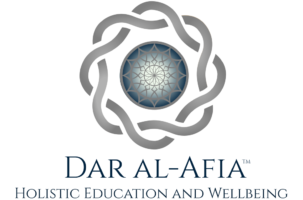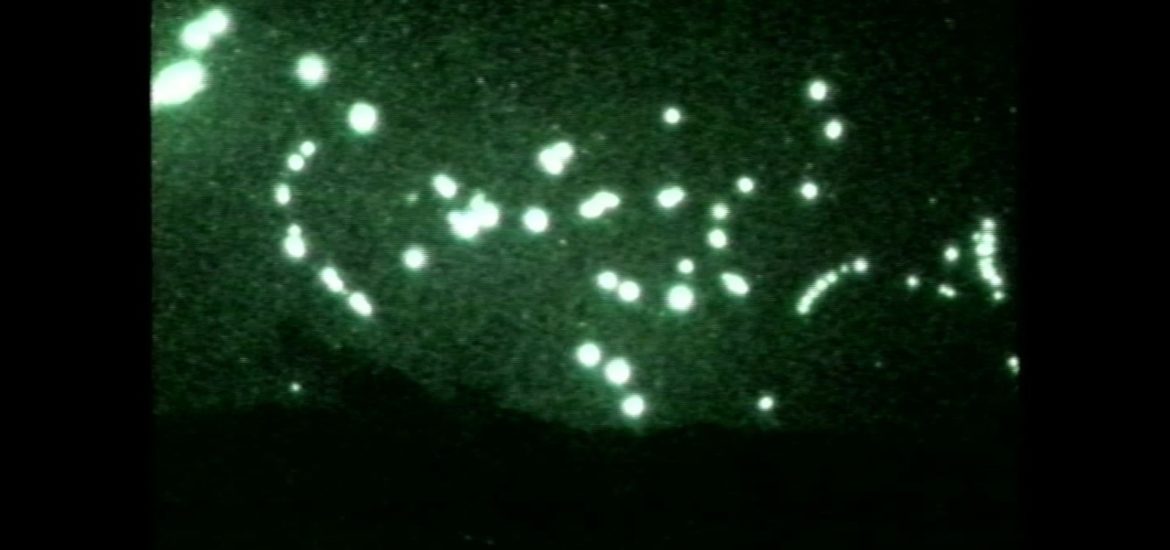When I was a young boy of 9 in the fourth grade, my teacher, Ms. Green, kindled in many of us a strong interest in current events. It was quite the year for them as well. In the late winter of 1991, then President George H.W. Bush announced to us in a televised address, “The liberation of Kuwait has begun,” and assured us, “this will not be another Vietnam.” We were at war with Iraq.
Ms. Green took it upon herself to explain the nuances of the situation to us; including alleged Kuwaiti slant drilling, the reported war crimes of the Iraqi Army in Kuwait, the I.Q. of General “Stormin” Norman Schwarzkopf, and the basics of Islamic belief and practice. In a community where my peers were parroting their parents with calls to just “nuke all those Arabs”, Ms. Green insisted on explaining to us the humanity of Muslims and their reverence for God. When she first mentioned the Koran to us, explaining that it was the “Bible” of the Muslims, something stirred within me, and I longed to see the sacred text, imagined by my 9-year-old brain as an old, black, leather-bound book with red leafing. This was my first memorable exposure to Islam.
In the evenings, I watched hours of news on CNN and ABC. The images of tracer fire illuminating the Baghdad skyline and of laser-guided bombs dropping neatly down elevator shafts still remain in my mind. Coverage of Operation Desert Storm put CNN on the map for Americans, and the news world has never been the same. I can still remember the voice of Peter Arnette speaking over the telephone from the al-Rashid hotel in Baghdad, one of the few voices narrating the thunderous assault of the U.S. on its recent ally. Our only image of Arnette was a portrait in the upper corner of the television screen otherwise displaying either the anti-aircraft artillery fire or a map of the region for geographically impaired Americans. Later, the team responsible for the coverage, including Arnette, was honored at the annual Emmy awards for their daring coverage of the war.
I was unusually fortunate to have a teacher so open-minded as to approach the study of war with fourth graders in such a nuanced way during that time of yellow ribbons at home and seemingly indomitable coalitions abroad. No doubt, her global understanding and sympathetic view towards Islam planted seeds of faith in my heart that were later cultivated, albeit unwittingly, by subsequent open-minded teachers. At the age of 19, towards the end of my first year at the University of Texas, I became Muslim. The story of that journey, which began long before Ms. Green’s class, is best saved for another time, but a glimpse of what happened afterwards is my intent here.
Upon graduating from the university, I became convinced that a career in my targeted field of law would likely not suit my temperament, so I became a teacher. Two years later, I was working as high school history teacher in Corpus Christi, Texas. Just before starting my contract, I had changed my name legally from Johnathan to Yahya in an attempt to leave behind less savory aspects of my pre-Islamic life. On the first day of work, I began introducing myself to colleagues as Yahya. Most gave a valiant go of pronouncing the heavily aspirated h; but soon, my principal approached me.
“Mr. Addison,” she asked, “what was your name when we hired you?”
“Johnathan,” I replied, “but I legally changed it over the summer.”
“Why don’t we stick with the name we hired you with?” she asked in a manner indicating it was not a question. I informed her that the change was legal with the State of Texas and printed on my driver’s license, which I offered to show her. “We’re not going to discuss it, sir,” she said curtly.
If Ms. Green had been the model of a global thinker and open-minded educator, my principal seemed to fit many of the stereotypes not only of disconnected and heavy-handed administrators, but also of presumed bigotry in Texas. This was the first of many such interactions, most of which were illegal; and I decided midway through the year to make an emigration at its end.
I must have applied to around 50 international schools in the Middle East and Muslim world. Inexperienced as I was, few were the replies, and even fewer were the interviews. In fact, there was only one, at an embassy school in the up-and-coming, tiny emirate of Qatar. Despite its diminutive size, Qatar was in possession of the world’s second largest natural gas reserves and was poised to enter the global stage then in 2005. In June, I hopped a plane for Doha, the capital, and was offered the job by a seemingly open-minded staff of Americans and Canadians hoping to have a practicing Muslim on their staff to serve as a male role-model to the minority Muslim population at their school.
I was elated. Not only did I now have the opportunity to work in a community that embraced, rather than despised, my being a practicing convert to Islam, but I would also be teaching with like-minded educators at a first-rate institution where I could presumably learn and grow as a professional. Things were going well in my worldly affairs for what seemed to be the first time, certainly since the trials of becoming Muslim.
Prior to departing for Doha, I had made arrangements to stay in the company of my spiritual guide in Jordan. When I first arrived, I was alone in the modest accommodations and enjoyed the free time my summer as an educator afforded me. I was, nonetheless, soon joined by another American convert, Issa. He had studied in Mauritania and was, coincidentally, living in Doha and promised to connect me with like-minded Muslims upon my arrival in August. In talking more with each other, as roommates often do, I discovered that the connections in our lives did not end there. He also happened to graduate from the same high school as my father in Corpus Christi. I took the fortuitousness of these events as a sign I had made the right decision, despite my parents’ fears and the admonition from a colleague, the host of the school’s Bible club, that the last young man she’d seen go abroad had “ended up shooting at Americans.”
At my first opportunity, I secured a private meeting with my sheikh. It was quieter in those days and meetings were to be had casually after lessons to those who wanted them. I inquired about his thoughts on the suitability of seeking out a wife. He assented and arranged for me to meet one of the ladies studying with him in the neighborhood. She and I were soon married at the hand of the sheikh, and it fell to me to get all the legalities in place for our move to Qatar. It is in the U.S. Embassy, where I went to inquire about the technicalities of such things that this story ends.
In those days, the Amman airport felt more akin to a Greyhound station than a major port of entry. Smoking seemed nearly universal, and mustached border agents would look at one sideways after viewing your passport if a beard was present. As such, the order and cleanliness of the U.S. embassy on my first visit was welcome respite. I had duly signed in and was awaiting my number to be called when I noticed a tall man, bald on top, and wearing a blue suit approach and sit next to me. I recognized him immediately but doubted myself. It couldn’t be.
A Jordanian waiting in the room with us asked if anyone could help him fill out his paperwork, and the tall man spoke up, offering his assistance. The voice was unmistakable, but I still had misgivings. After helping the Jordanian complete his forms, he sat himself down next to me again and began filling out his own. He opened his passport. I stole a glance and was now sure, but I remained shocked and never said a word to the man.
Sitting next to me, upon my first trip to a U.S. embassy, in my first time living abroad, was the individual who first introduced me to the region (other than Ms. Green). It was none other than Peter Arnette.

